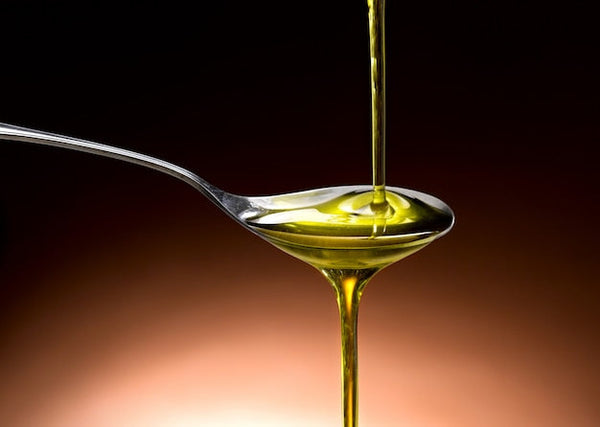What Differentiates Extra Virgin Olive Oil from Regular Olive Oil: The Ultimate Guide
13/10/2023

Introduction
When it comes to olive oil, the term "extra virgin" is often thrown around, but what does it really mean? Why should one opt for extra virgin olive oil over regular olive oil? In this comprehensive guide, we will delve into the intricate differences that set these two types of olive oil apart, from production methods to flavor profiles, and why extra virgin olive oil stands out as the superior

Production Process
Cold Pressing vs. Heat and Chemicals
One of the primary differences lies in the production process. Extra virgin olive oil is made using a method called cold pressing. In this process, olives are crushed and the oil is extracted without the use of heat or chemicals. This ensures that the oil retains its natural flavor, aroma, and nutrients.
On the other hand, regular olive oil often undergoes a refining process involving heat and chemicals. This results in an oil that lacks the robust flavor and aroma typical of extra virgin olive oil.
Timing of Harvest
Extra virgin olive oil is produced from olives that are harvested at the peak of ripeness. The timing is crucial in maintaining the oil’s quality, flavor, and nutrient content. Regular olive oil is less stringent about the timing of the harvest, leading to variations in quality.

Nutritional Benefits
Antioxidant Levels
Extra virgin olive oil is rich in antioxidants, particularly polyphenols and vitamin E. These compounds are known for their ability to fight off free radicals, thereby reducing oxidative stress and inflammation in the body. Regular olive oil, due to its refining process, contains significantly lower levels of these beneficial antioxidants.
Fatty Acid Profile
Both extra virgin and regular olive oil contain monounsaturated fats, which are heart-healthy fats. However, extra virgin olive oil has a more balanced fatty acid profile, making it a healthier option for regular consumption.

Flavor Profiles
Complexity and Nuance
Extra virgin olive oil boasts a complex flavor profile with notes that can range from fruity and grassy to nutty and peppery. The flavors are often so distinct that they can change the dynamic of a dish entirely. Regular olive oil tends to have a more neutral or bland taste, making it less suitable for dishes where the quality of the oil can shine.
Smoke Point
It’s a common misconception that extra virgin olive oil has a low smoke point and is not suitable for high-heat cooking. In reality, high-quality extra virgin olive oil has a smoke point that is high enough for most cooking needs, including frying and sautéing. Regular olive oil, while having a higher smoke point, lacks the flavor richness that extra virgin olive oil brings to the table.
Authenticity and Labeling
Certification
Extra virgin olive oil often comes with a certification from relevant authorities that validate its quality and production standards. Regular olive oil usually does not come with such certification, making it harder to gauge its authenticity.
Label Information
When purchasing extra virgin olive oil, labels often provide detailed information about the oil’s origin, harvest date, and even the types of olives used. This level of transparency is seldom found in regular olive oil products.
Price Point
Extra virgin olive oil does tend to be more expensive than regular olive oil, but for a good reason. The meticulous production process, higher nutritional benefits, and richer flavor profiles justify the higher cost. Consider it an investment in both your culinary experiences and your health. Click here to buy 5 Litres of genuine extra virgin olive oil with free delivery.
Usage Recommendations
Extra virgin olive oil shines in raw applications like salad dressings, drizzlings over finished dishes, or even for dipping bread. Its robust flavors can elevate a dish to gourmet status. Regular olive oil is often used in applications where the oil's flavor is not the focus, such as deep frying or sautéing

Conclusion
The differences between extra virgin olive oil and regular olive oil are significant and extend beyond just the label. From the production method and timing of harvest to nutritional benefits and flavor profiles, extra virgin olive oil clearly stands as the superior choice. While it may come at a higher price point, the benefits it offers make it well worth the investment.
For the finest selection of extra virgin olive oils, carefully curated for the discerning palate, visit Extra Virgin Olive Oil Direct. Elevate your culinary journey with an oil that has stood the test of time, and continues to win the hearts (and palates) of chefs and home cooks alike.




